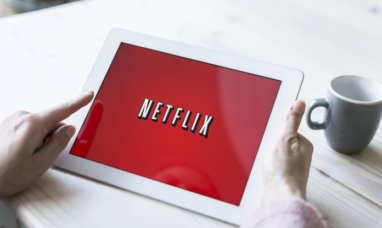Netflix (NASDAQ:NFLX) has secured the streaming rights to two National Football League (NFL) games scheduled for Christmas Day, as announced by the company on X, formerly known as Twitter, Wednesday morning.
This move comes as a surprise given Netflix’s previous stance of avoiding investments in live sports content. However, the streaming giant is changing its strategy with this latest acquisition.
The specific matchups for the Christmas Day games will be disclosed once the NFL releases its full schedule later on Wednesday. According to Bloomberg, Netflix will pay less than $150 million per game.
In addition to the games slated for this year, Netflix revealed that it has entered into a three-season deal with the NFL, ensuring that at least one-holiday game per year will be streamed on its platform.
Netflix’s Chief Content Officer, Bela Bajaria, expressed excitement about this partnership, highlighting NFL football’s immense popularity and audience appeal. Bajaria stated that no live annual events rival the viewership numbers of NFL games.
Previously, Netflix had emphasized a focus on “sports entertainment” rather than live sports rights due to their high costs. However, the company has also produced sports-related content such as docuseries and celebrity tournaments.
While Netflix’s deal with WWE (TKO) for Raw raised eyebrows, the company clarified that it was an exception and did not signal a shift in its sports strategy. Nonetheless, industry analysts anticipate that Netflix will eventually delve deeper into live sports streaming as it grows its cash flow and advertising capabilities.
Meanwhile, the NFL has been expanding its partnerships to include more streaming platforms. Alongside Netflix, the league has exclusive agreements with NBCUniversal’s Peacock (NASDAQ:CMCSA), Disney’s ESPN+ (NYSE:DIS), and Amazon Prime Video (NASDAQ:AMZN) for the upcoming season.
Furthermore, Google’s YouTube TV (NASDAQ:GOOG, NASDAQ:GOOGL) holds exclusive rights to NFL Sunday Ticket, catering to out-of-market game viewers.
In a landscape where cord-cutting is prevalent, sports rights have become increasingly valuable for media companies, as they provide a compelling reason for consumers to subscribe to their services.
Featured Image: Pexels















